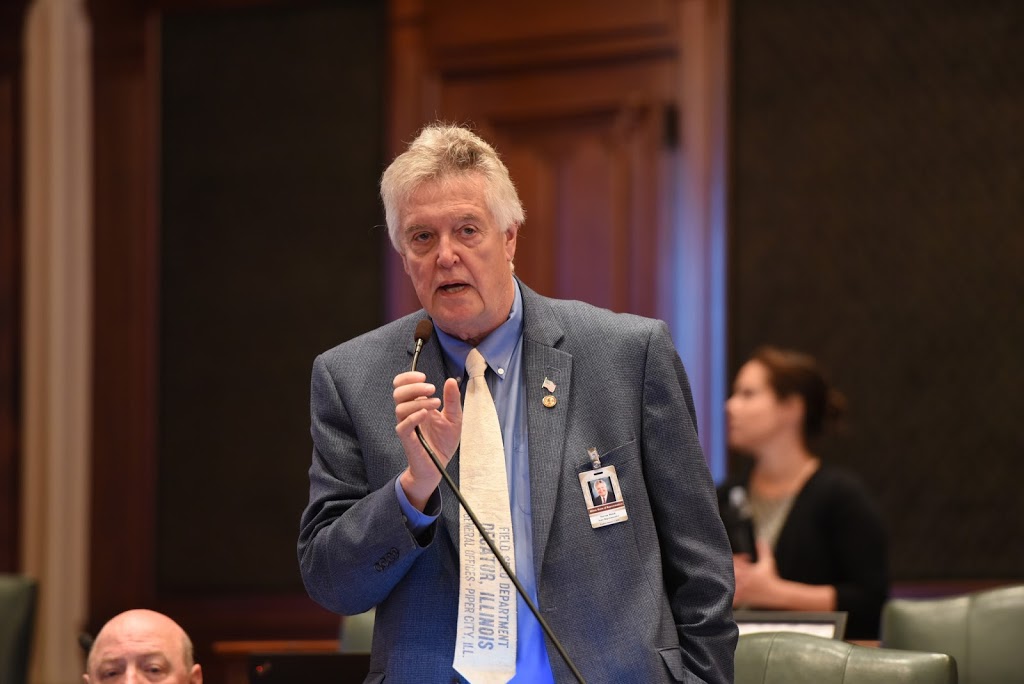On Thursday, members of the House of Representatives approved a minimum wage hike that business owners from across the state said will negatively affect their ability to stay in business. It would also cost universities, K-12 schools, health providers and social service agencies, all which depend upon the government for much of the funding, millions of dollars. Republican lawmakers, many of whom asked for the process to be slowed down so that concerns could be addressed, voted unanimously against the bill.
After the vote, State Representative Steve Reick (R-Woodstock) issued the following statement:
“In spite of promises made by the new administration that we will enjoy bipartisanship and cooperation in the 101st General Assembly, today the majority party chose to fulfill a political campaign promise at the expense of job creators and taxpayers across Illinois. In a state where policy decisions move like molasses, this minimum wage bill shot like a rocket through the Senate and House, with no regard for legitimate issues brought forward at the committee level.”
“The effective date of SB1 would be January 1, 2020 whether we passed the bill today or whether we passed it in May. But rather than slowing down and allowing all stakeholders to have a seat at the table, majority Democrats showed us today that providing the new Governor with a win he can tout at next week’s budget address was more important than making certain the best bill possible is sent to him for signing.”
“As a member of the Joint Commission on Administrative Rules (JCAR), I am appalled at statements made as this bill was rushed through the process that issues with the wording of the bill can be fixed during the rule-making process. JCAR is charged with making sure administrative rules reflect the legislative intent of bills, and when questions are not answered at the committee or floor level, administrative rules become much more difficult to interpret. It is not the job of JCAR to clean up sloppy legislation.”
